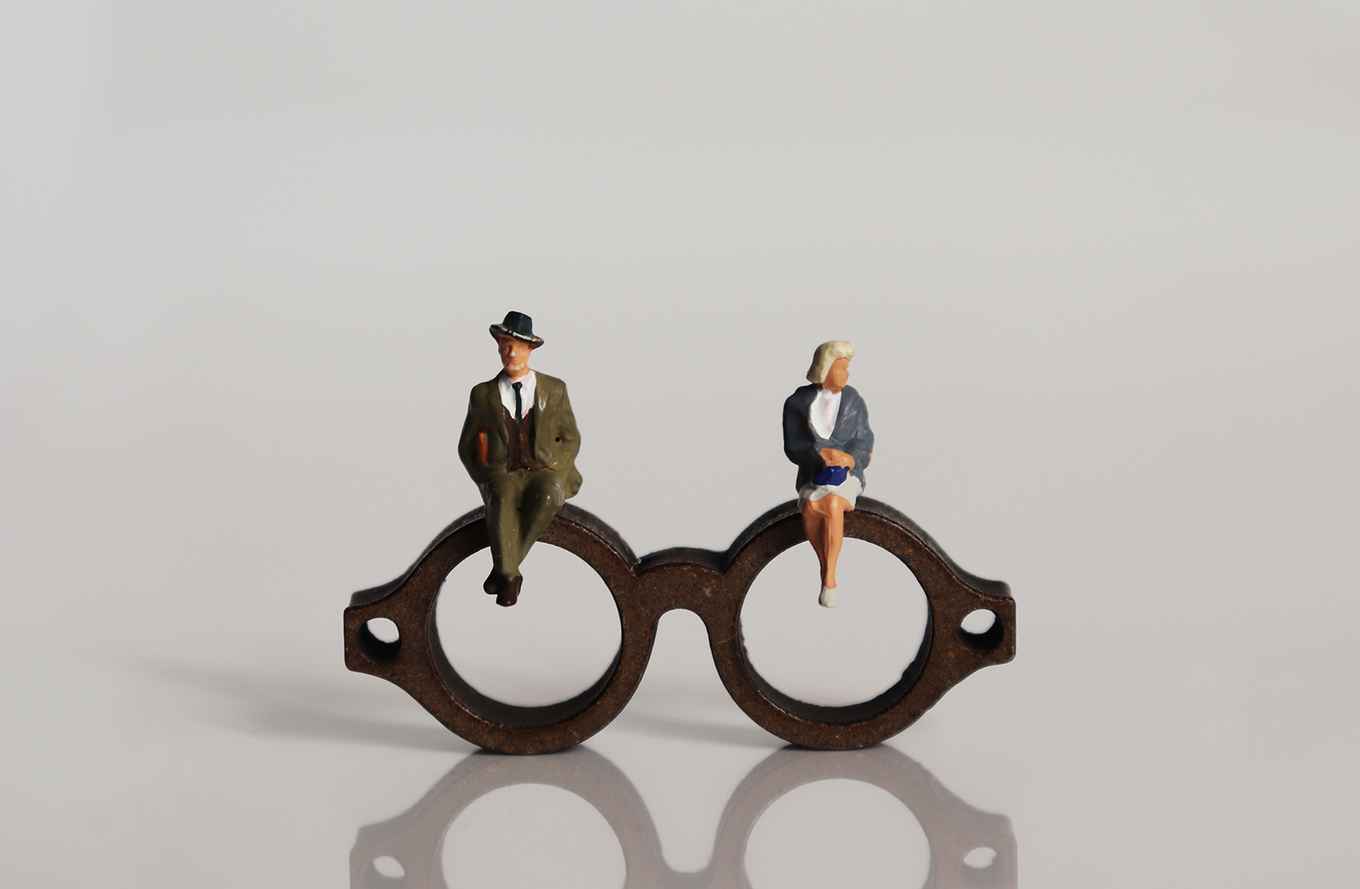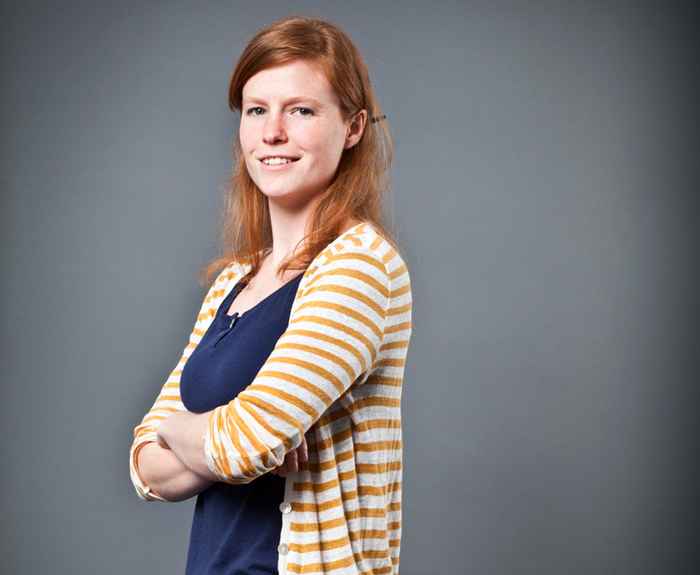What role do gender stereotypes play in elections?
23 October 2023


Daphne van der Pas is an assistant professor at the Political Science department at the University of Amsterdam (UvA). Her research focuses on the intersection between media and politics, political underrepresentation, political leadership, and gender in politics. We asked her to what extent we as voters are guided by gender stereotypes, and what role the media plays in this.
Classic gender stereotypes are quickly being modified
'Very general and classic stereotypes of women are that they are more caring, more available to others, more emotional and more focused on communication. Men are said to be more instrumental, goal-oriented and action-oriented. However, we see that people can quickly adapt these stereotypes when someone comes into a certain role from which they get different information and different stereotypes. For example, a business woman is not viewed strongly from those classic male/female stereotypes, but much more from those surrounding the business world. This also applies to politicians.'
What stereotypes do people usually have of politicians?
'You see that there are negative and positive stereotypes. On the one hand, there is a lot of cynicism towards politicians and they can be seen as dishonest and sneaky. On the other hand, people have high expectations of politicians, and they must be eloquent, good at speechifying and decisive. From our research in Germany, we know that these negative stereotypes apply slightly more to male politicians, for example, they are more often seen as "pockets". Female politicians are more likely to be labeled as quite capable. Our research in the United States shows that stereotypes of female politicians have improved over the past ten years, while those of men have become very cynical.'
Do Dutch people care whether a politician is a man or a woman?
'In the Netherlands we investigated what trust people have in politicians and whether it matters whether this is a man or a woman. This does not appear to matter to most voters, but only to a small group of voters. Research we published last year showed that only right-wing populist voters have a preference for men. We also know that people on the more conservative side see little interest in measures to get more women into politics, and that more left-wing voters actually believe that it is important that there are more female politicians.'
How does the media portray female versus male politicians?
'The media play an important role in how we see politicians. In general, we see that women are not structurally portrayed more negatively and the majority of media reporting is neutral. Relatively more often, female politicians talk about their appearance and family. Consider, for example, the amount of media attention that there was for the young motherhood of Jacinda Ardern, the former Prime Minister of New Zealand. It is still quite unclear to what extent female politicians can best respond to this or benefit from it, bend with it or resist it.'
In Western Europe, female politicians are much more ignored
'The amount of attention you receive as a politician also matters, how else do you get your message clearly visible. We investigated to what extent female politicians receive as much attention as their male colleagues. In the US and Canada this attention is fairly proportionate, but in Western Europe female politicians are noticeably more ignored. Even after repeating the study, we found this result in the Netherlands, Germany and France, among others.'
Media can be seen as an unsafe environment
Media can be seen as an unsafe environment
'How do we explain this? It could be that journalists ignore female politicians, for example because they think they matter less. It can of course also come from politicians themselves and that they consciously avoid the media, for example because of bad experiences. For example, a study among female politicians into their dealings with the media showed that many of them found the media an unsafe environment. This may be even more true for social media, where female politicians often receive much more negative reactions, especially if they also belong to a minority group.'